Smart Sustainable Farming
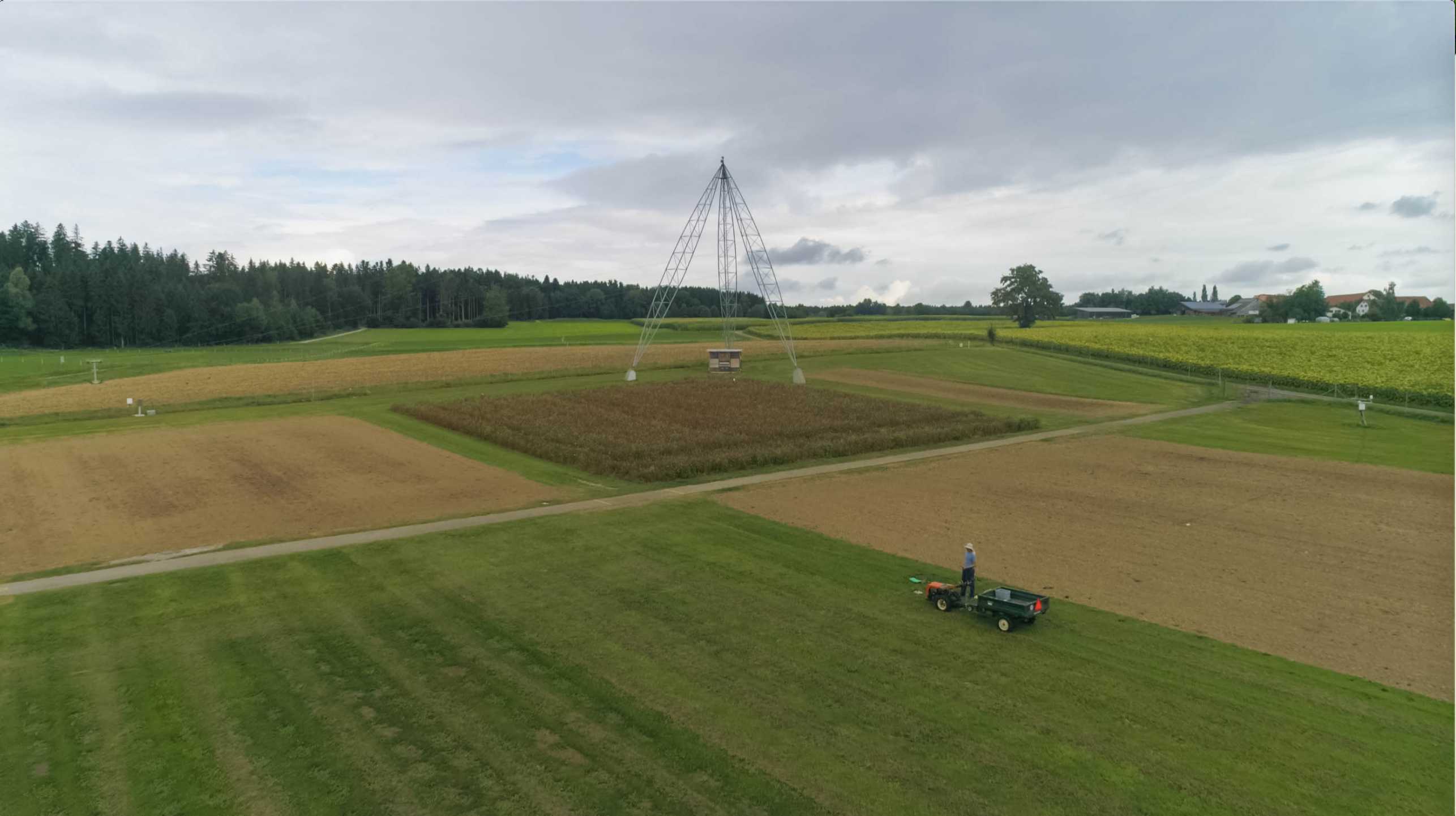
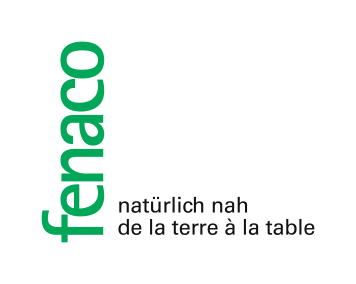
The Smart Sustainable Farming Research Program aims to contribute to sustainable, innovative and competitive agricultural production and increase transparency from agricultural production to consumers.
With this initiative, fenaco is supporting the establishment of the Smart Sustainable Farming Research Cluster at the World Food System Center with a total of 1.2 million Swiss Francs over the next six years, thus enabling several interdisciplinary projects at the interface of agriculture, sustainable production systems, robotics and artificial intelligence. With this support, five to six projects are to be realized in a first phase. In the future, other industry partners may also participate in the research initiative.
Another call for projects coming soon.
Funded Projects
The predictive power of smartphone imaging to increase sustainability of crop production

Postdoctoral Researcher: Dr. Lukas Roth, Crop Science, ETH Zurich
Principal Investigators: Prof. Achim Walter, Crop Science, ETH Zurich; Prof. Ce Zhang, Computer Science at the DS3Lab, ETH Zurich
The project focuses on the use of smartphone imaging to increase sustainability of crop production. Management decisions in crop fields are based on both crop and field traits. The goal of the new project will be to improve decision support of farmers, based on high-quality visual representations of the past, current and projected future status of the crop field. By collecting smartphone images of crop fields at points in time, field visualizations will be created using a combination of machine learning, crop growth models and visualisation technologies. Farmers could then receive visual renditions of the past and near-future development of their crops.
The core outcome is to improve decision support for farmers. Also, the visualizations can demonstrate to interested researchers and citizen scientists how crops develop in the field and how this can be adjusted via management.
Genetic and robotic technologies for pest detection in vineyards
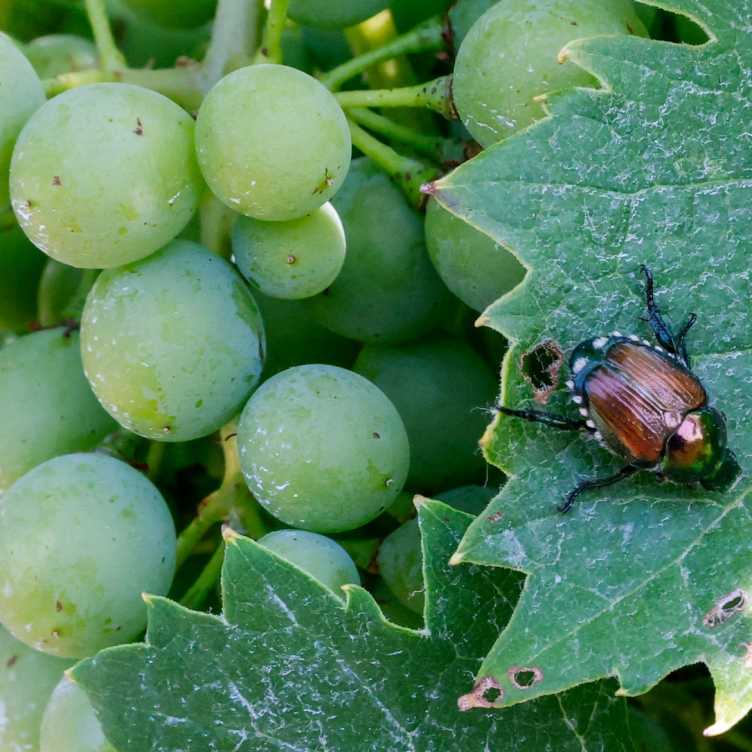
Principal Investigators: Prof. Stefano Mintchev, Environmental Robotics, ETH Zurich; Prof. Loïc Pellissier, Ecosystems and Landscape Evolution, ETH Zurich
Pest invasions and outbreaks lead to substantial crop losses and economic damages in Switzerland and worldwide. Traditional detection methods like visual inspections, traps, and remote sensing are often insufficient in detecting early-stage invasions. This new project focuses on combining robotics and genetic technologies to overcome the limitations of traditional pest detection methods.
Utilizing drone-enabled sampling of environmental DNA (eDNA) and near-real-time analysis with the CRISPR-Cas system, the project aims to detect two invasive species American grapevine leafhopper and the Japanese beetle found in Swiss vineyards.
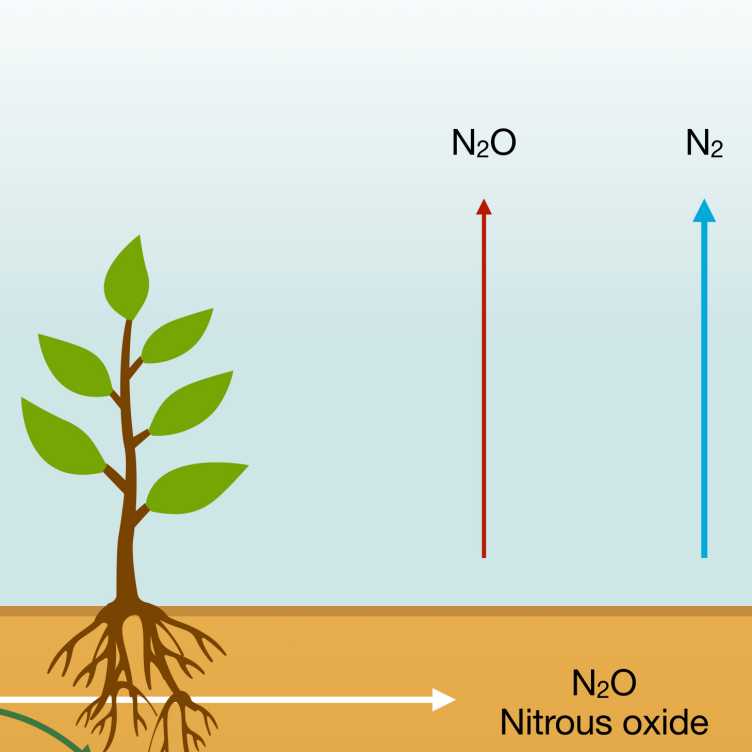
ChemiResistive sensors for effective Agricultural N management and N2O mitigation
Investigators: Prof. Máté Bezdek, Functional Coordination Chemistry, ETH Zurich; Prof. Nina Buchmann, Grassland Sciences, ETH Zurich; Dr. Eliza Harris, Swiss Data Science Center
Addressing the challenge of measuring nitrous oxide (N2O) emissions from agricultural soils, this newly funded interdisciplinary project aims to develop a cost-effective system which offers a continuous monitoring solution and promotes more efficient and sustainable agricultural practices.
Nitrous oxide emissions are rarely measured at the farm level, because no simple or low-cost methods are available to monitor nitrous oxide. The project focuses on developing a cost-effective "N2OSense" system, utilizing chemiresistor technology for continuous monitoring of nitrous oxide concentrations in soil at various depths. By enabling farm-level measurement and offering a low-cost monitoring solution, the project aims to contribute to the Swiss Nutrient Reduction Initiative's goal of reducing nitrogen losses by 20% by 2030.
News
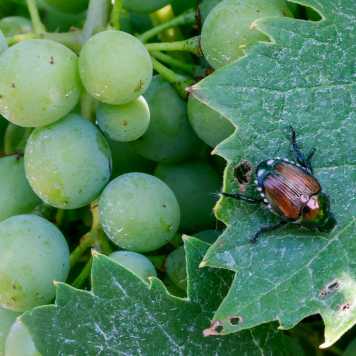
January 2024: New ways to measure nitrous oxide emissions from soils as well as detect invasive pests in vineyards are the foci of two new interdisciplinary projects starting in 2024. News item

July 2022: Smartphone imaging to increase sustainability of crop production: A newly funded interdisciplinary project will focus on using smartphone images of fields to create visualizations of past and future crop development. News item
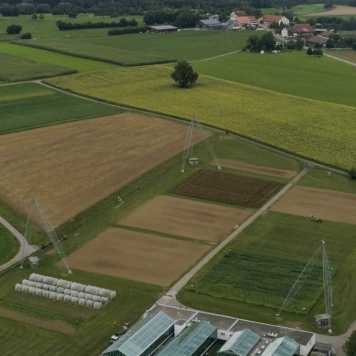
October 2021: World Food System Center of ETH Zurich and fenaco launch research collaboration in the field of smart sustainable farming. News Item

